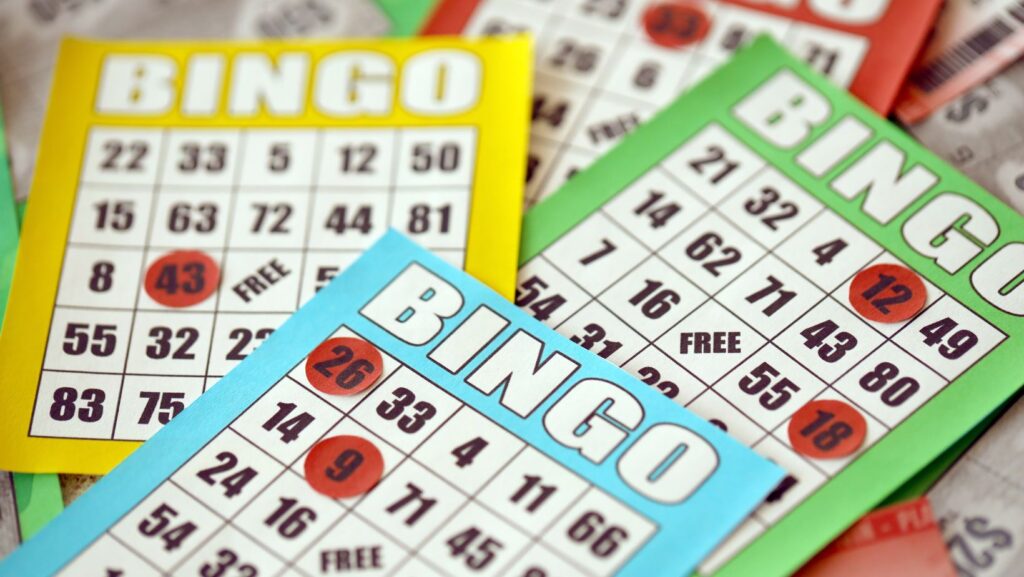
Bingo is often seen simply as a game of chance, a pleasant pastime to fill evenings or afternoons. However, bingo is far more than just a way to keep entertained. Whether you are playing at a local hall or engaging in online bingo, the game’s social aspects often make it an enduring favorite for millions. In this article, we delve into the ways in which bingo fosters community, creates lasting friendships, and offers social benefits that go beyond the bingo card.
A Gathering Place for the Community
One of bingo’s greatest attributes is its ability to bring people together. In many communities, weekly bingo nights are a staple, offering a communal activity that can be enjoyed by people of all ages. The traditional bingo hall has long served as a gathering place where neighbors and friends can meet, chat, and have fun. This sense of community is particularly significant for older adults who might otherwise face social isolation. By providing a regular opportunity to socialise, bingo helps to foster a feeling of belonging and camaraderie.
The Importance of Social Interaction
Social interaction is crucial for emotional and mental well-being. In today’s fast-paced world, meaningful social contacts can often be scarce, but bingo offers a reliable way to ensure regular interaction.
Whether it’s catching up with friends at a bingo hall or engaging in chat rooms during an online game, these interactions provide a valuable social outlet. They can help reduce feelings of loneliness and even combat depression. Bingo offers more than just the thrill of the game; it provides an essential social lifeline for many.
Friendships Reinforced Over Numbers
For many players, bingo is about more than just winning; it’s about forging and maintaining relationships. The relaxed and enjoyable atmosphere of a bingo game makes it an ideal setting for making new friends. Players often engage in light-hearted banter, share stories, and celebrate each other’s wins. It’s not uncommon for bingo players to form close-knit groups that meet regularly. Online platforms have expanded this opportunity, allowing players to connect and interact with others from across the globe, thereby broadening their social horizons.
Intergenerational Connections
Bingo can also serve as a bridge between generations. While it’s popular among older adults, younger generations are increasingly taking an interest in the game. Family bingo nights can become cherished traditions where young and old come together to enjoy a shared activity.

These intergenerational interactions can help to strengthen familial bonds and provide opportunities for mutual learning and understanding. The universal appeal of bingo makes it an effective tool for fostering connections across age gaps.
Creating a Positive Social Environment
The social side of bingo also contributes to creating a positive environment. Because the game is simple to play and requires no special skill, it’s accessible to everyone. This inclusivity helps to create a welcoming atmosphere where all players can feel comfortable and accepted. Moreover, the structured nature of the game, with its scheduled breaks and predictable format, makes it an ideal setting for socializing. Players can participate without the pressure of competitive sports or high-stakes gaming, allowing for a relaxed and positive experience.
Conclusion
In conclusion, bingo is far more than just a game of luck. It’s a powerful social force that brings people together, fosters relationships, and offers numerous emotional and mental health benefits. Whether played in a traditional bingo hall or online, the game creates opportunities for meaningful social interaction, making it a valuable addition to anyone’s social life. So the next time you think of bingo, remember it’s not just about the numbers; it’s about connecting with others and experiencing the joy of being part of a community.


